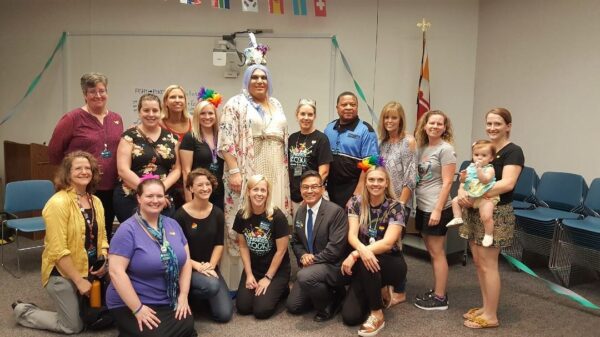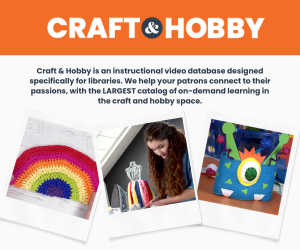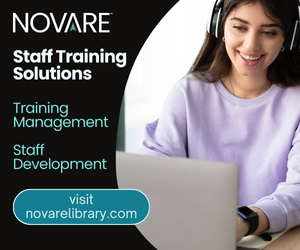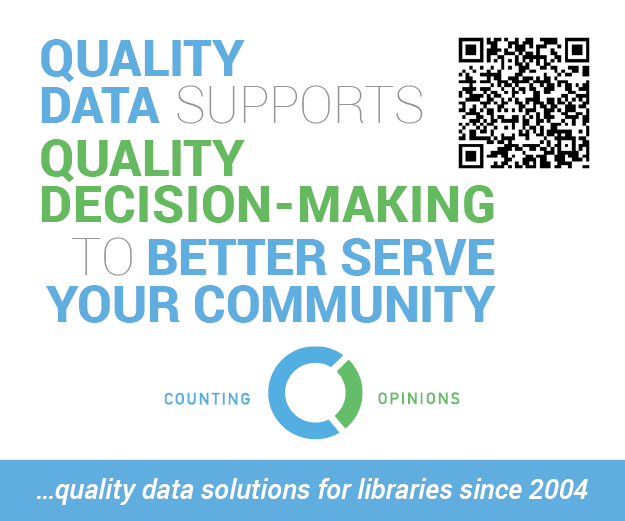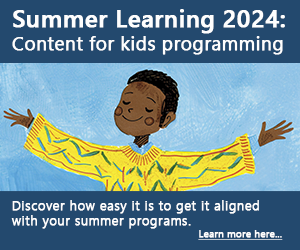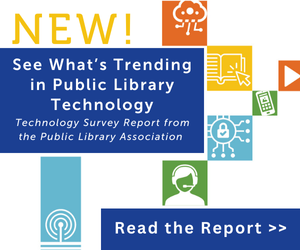What We Learned From Drag Queen Storytime (It Might Not Be What You Think!)
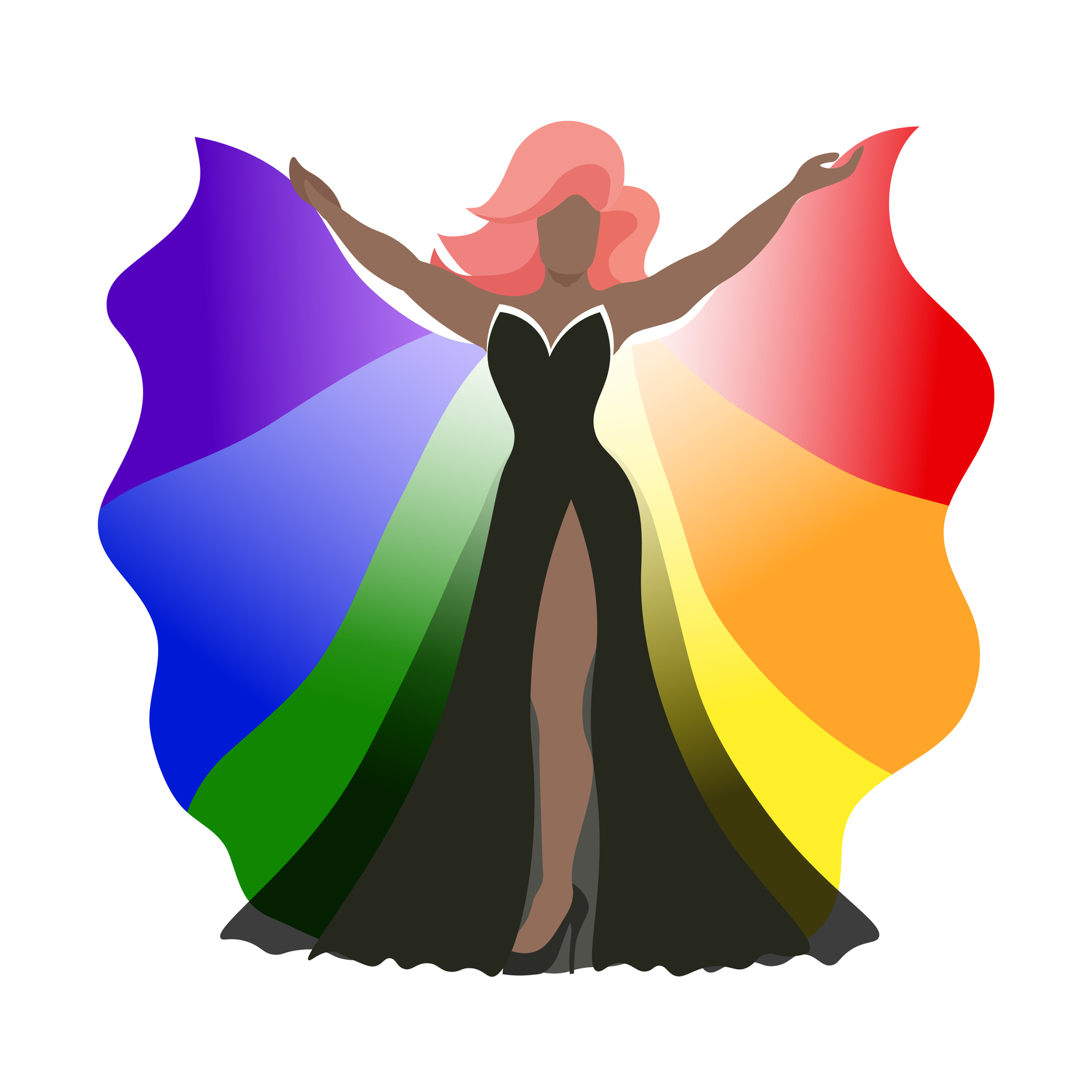
In March of 2018, during a snowy PLA conference, a group of staff from Anne Arundel County Public Library in Maryland attended a program called Drag Queen Story Hour: Reading Fabulously. We learned about the Drag Queen Story Hour organization that started in San Francisco and New York and had been doing programs at libraries across the country. The presentation was lively and interesting, and we thought this might be something we would want to share with our customers. The presenters mentioned that they had received pushback in some areas, but once they explained the reasoning for the program (inclusivity, diversity, welcoming, etc.) the communities got on board, and everything went smoothly. Little did we know we would have a very different experience.
After the conference, I told my supervisor, library Chief Executive Officer (CEO) Skip Auld about this program and he was curious and open to exploring the idea. He could see how it would align with the creative programming we were doing and how it would appeal to some of our customers. One of the branch managers was interested in hosting a similar program in our library, so I put that in the monthly report I shared with our Board of Trustees in April. I thought I was being transparent, but it turned out that I wasn’t doing nearly enough to set the stage and prepare for the upcoming challenges.
In June, a staff member shared that they knew someone who performed in drag, who worked at a library, and was willing to present a Drag Queen Storytime for us. This was a win/win because the presenter was personally known to the staff member, they were trained in library storytime practices, and they were used to working with kids. The staff member submitted their program proposal, and it was approved up the chain of command, as is our usual practice. The social media post promoting the program hit Facebook in June, and I don’t think it’s an exaggeration to say that all hell broke loose! We immediately started getting calls, messages, and emails from elected officials and customers demanding that we cancel the program. While we knew there would potentially be some pushback, we did not expect what happened next!
Our public library system is a quasi-county organization, which means we get most of our funding from the county, but it is overseen by a Board of Trustees made up of community members. Our CEO immediately called the board chair to explain what was going on and set to work on getting the board up to speed and doing damage control. The CEO and board chair agreed that we didn’t want to cancel the program, but we had to figure out how to handle all the pushback and provide support for the staff, supportive board members, and our customers who wanted this program.
The next few months were a blur of difficult conversations, navigating conflict and controversy, determining and articulating our values, but we persevered. The program went off without a hitch that August, but we did have to make some changes. The controversy ended up extending past Drag Queen Storytime to how we select our programming, and who is welcome at the library. We learned some lessons about how to introduce a program that may be controversial, and how to stand by our values in times of diversity and challenges.
Educate your Board, Friends/Foundation, Governmental Leaders
In hindsight, when we decided we wanted to do the first Drag Queen Storytime in Maryland, we should have done more to educate the board about this program and why we wanted to do it. I did a presentation to the board so they would understand what we wanted to do and why. This was helpful, but I wish we had done it before the community pushback started. I also educated the board about our programming practices. For instance, parents/caregivers are required to accompany kids under 8, in accordance with Maryland state law. No kids under 8 would be in this program without a parent or caregiver with them, and most kids rely on parents and caregivers to bring them to the library, so the older kids are usually accompanied by adults as well. We also explained to the board that when we hire outside presenters, we have oversight as to what they present and how they present it. In this case, we knew all eyes would be on us, so we intentionally talked to our presenter about all the details, including book and music selection, and even their attire. Videos on the internet didn’t help our cause. Customers were sending videos of adult drag performances and demanding that we not allow pole dancing in Storytime. We needed to get the correct information out into the community on what our event would look like.
We also talked to the board about the library system’s values of diversity, inclusion and belonging and how important it is for us to welcome everyone. Earlier that year, the board had adopted the Urban Libraries Statement on Race and Social Equity, so we discussed that. We reminded the board members that not every program will appeal to everyone, and that is okay. We also learned we needed to compromise to present our first Drag Queen Storytime in a way that the board would be more comfortable defending. This meant moving the venue, putting signage on the door about the parents and caregivers accompanying small children, having administration approve the content and attend the program. Although this was unusual, we could live with these limitations. In subsequent Drag Queen Storytimes, the board was not involved in the content and we were able to present the program without as much oversight of the details. Multiple board members have attended Drag Queen Storytimes to show support.
Educate Yourself
If you do controversial programs such as Drag Queen Storytime, there will be protesters. It’s important that staff know the legal parameters around protesting and what to do if protesters push the limits. We received legal advice that we could control the time, place, and manner of protesting, so we had a designated area where the protesters could stand, and we did not allow them to bring their signage into the program. We gave priority to customers with kids but did allow adults to enter the program if there was space. We believed this transparency was important. Be sure that your library has procedures in place to deal with protesters. We also had counter-protesters, which was much appreciated by staff and by the presenter! At one of our programs, the workers at the produce stand across the street saw the protesters, went to a local craft store and bought supplies to decorate their tent with rainbows and blasted ABBA music. They also sent over the message that our Drag Queen could come over after the program and get as much produce as they wanted!
Support and Communicate with Staff
We had to educate staff on two levels. First, we needed to get buy in from staff even if they didn’t personally agree with the programs. Second, we needed to provide staff with language for talking to unhappy customers. We created a frequently asked questions document and posted it on our intranet. Staff could print this out and put it on the service desks to refer to when customers came in or called to complain. We also posted our Program Selection Policy and information about our library system’s values on our website.
Align with Partners
We realized very quickly that we couldn’t go very far with Draq Queen Storytime, or other LGBTQIA+ related programing without rallying support in our community. We had already been working with the newly formed Annapolis Pride advocacy group, and this controversy cemented our relationship. Their members came out in full force to testify at board meetings about how the library had been a safe place for them over the years and that this programming was crucial for the community. We also worked with other businesses, agencies, and non-profit groups that shared our values and would support the work we were doing.
Be Prepared for the Unexpected
It is an unfortunate reality, but it is important to let local law enforcement know when you are doing a program that might end up with conflict. In addition to protesters outside of the library, an assault occurred at one of our programs where a person interrupted the Storytime to yell his opinion and then shoved a board member who was in the program. The law enforcement officer staged in the program room quickly removed the protester and Storytime went on. This was a big help to staff who were concerned about handling a situation like this without the proper authority or training.
We also created a process for managing horrible comments online. We don’t automatically remove negative comments, but we do remove anything that is threatening or personal against staff or our presenters. Our digital experience manager keeps a file of all removed comments in case we get a Maryland Public Information Act request. We call law enforcement if there are threats that we deem dangerous, and they help us determine the next steps.
We also reminded staff that all their written communications are subject to public request, so they needed to be aware of that and choose their wording carefully. We did get some Maryland Public Information Requests related to our first Drag Queen program and had to turn over a lot of written communications.
Create a Unified Response
We worked hard to make sure we were all telling our customers the same thing. We created a response template that we sent out to those customers who contacted us via email. Sometimes we would tailor the response if they had specific concerns.
“Thank you for your feedback. The Anne Arundel County Public Library (AACPL) is committed to providing a diverse slate of creative, inclusive, educational, and entertaining programs for all ages. We understand that not all events or materials will interest all customers. Additionally, parents make the choices as to which library events their children will attend, and we respect those choices.
AACPL is committed to racial and social equity and has pledged to:
- Create and maintain an environment of diversity, inclusion and respect both in our library systems and in all aspects of our community role
- Ensure that we are reaching and engaging disenfranchised people in the community and helping them express their voice
LGBTQIA+ programs help children and adults embrace gender diversity and sexual orientation in others and in themselves. It helps curb bullying of LGBTQIA+ children and adults who are considered “different” in all kinds of ways.nWith rates of suicide attempts for LGBTQIA+ teens almost five times the level of their heterosexual counterparts, the need for these inclusive programs is imperative. LGBTQIA+ positive programs help people build empathy, provide positive role models for LGBTQIA+ children and make the world a more affirming place for all. While we respect the viewpoint of all our customers, we remain committed to providing a safe space for all.”
All responses went out from me as chief operating officer, CEO Auld, or our marketing manager. This is not how we would have chosen to get onto the front page of the local paper or in the newsletters that were going around the local churches and community groups, but it did bring attention to our work and educate the community about the value of diverse programming.
Although it was a challenging time, Drag Queen Storytime broke the ice, and it was worth it. We are now known as a system that values diverse programming, especially LGBTQIA+ programming. Our CEO was selected as the grand marshal of the Annapolis Pride parade in June 2020, and although it was canceled due to Covid, we are proud of that recognition of our system’s work. Our commitment to diverse programming has also created a more welcoming environment for LGBTQIA+ staff, and that is well known in the Maryland library community.
Membership on our board of trustees has almost completely turned over since 2018, so we make sure that we continue to educate the new members about our path to diverse programming and our commitment to making sure it continues. We do the same with our elected officials and we continue to nurture relationships with our partners as we grow and expand programs to meet the needs of our diverse community.

